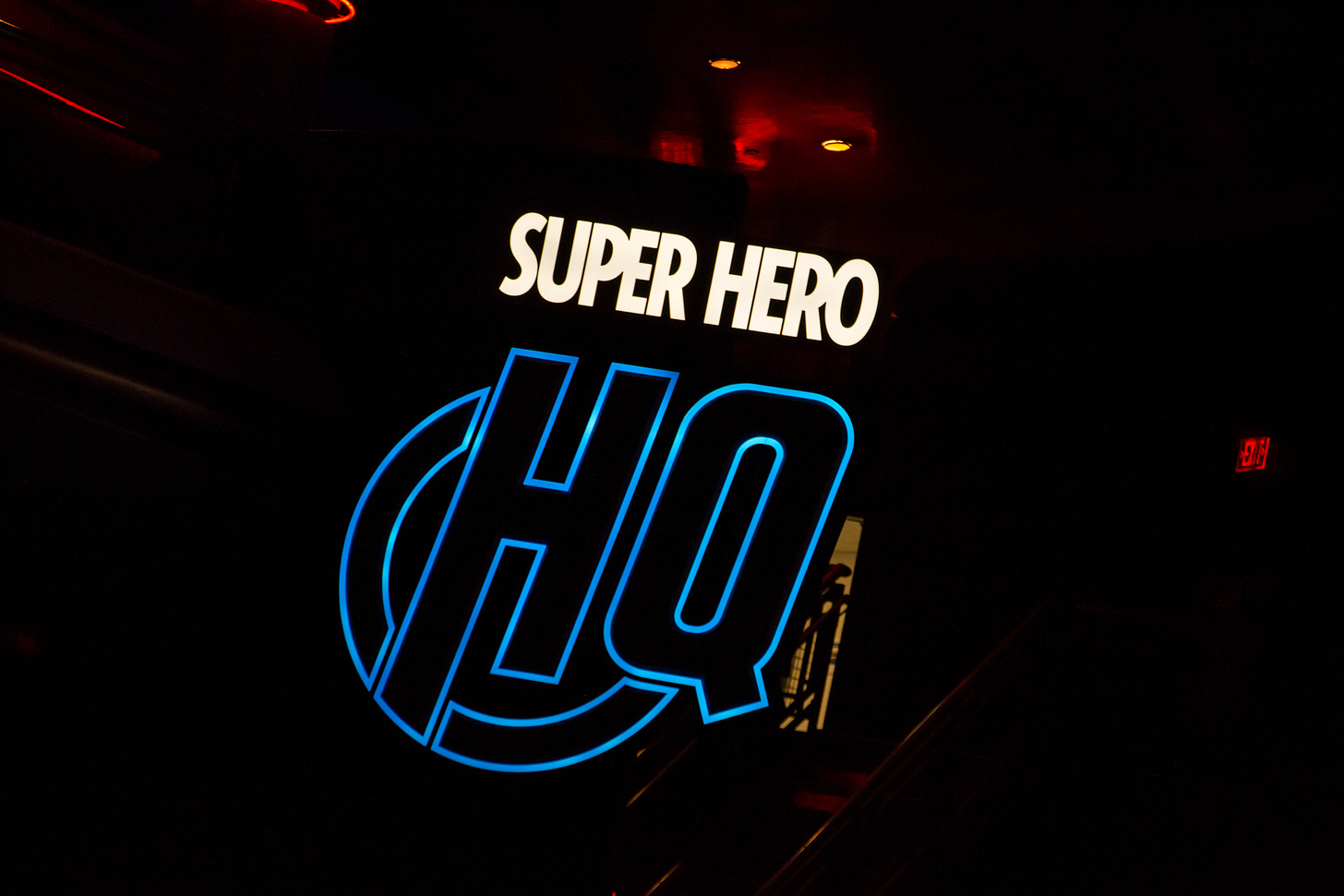
Howdy,
I was supposed to get this to you earlier, but . . . I failed. It was a tense situation at FOB Selber, as I misplaced my wallet while trying to get my daughter to swim class.
Don’t worry. We started the day with a brisk 3-mile run. I pushed her in her stroller while wearing m…
Keep reading with a 7-day free trial
Subscribe to Grumpy Combat Veteran to keep reading this post and get 7 days of free access to the full post archives.


